In recent times, localities, business communities and people in the province have made joint efforts to create a green environment, develop community ecotourism models to create jobs and increase income for people. However, according to the recommendations of many voters, community tourism development in the province has not yet had many changes to improve the quality of people's lives associated with preserving and promoting cultural values.
Quang Ninh tourism industry has maximized its available potential in nature, culture and people to create green tourism products, linking tourism development with conservation and promotion of national cultural values and identities, as well as sustainable management, exploitation, and effective use of natural resources and environmental protection and biodiversity.
[caption id="attachment_610057" align="aligncenter" width="649"] [/caption]
[/caption]Khe Mai Farm Homestay staff (Van Don) prepare to welcome tourists.
In the province, there are many models of agricultural tourism, community tourism, and ecology in localities such as: Yen Duc village community tourism (Dong Trieu town); Quan Lan island community ecotourism model (Van Don district); Thuong Yen Cong commune community tourism model (Uong Bi city), boat rowing cooperative model to take visitors to Ha Long Bay, Ky Thuong Am Vap Farm community tourism experience (Ha Long city); homestay tourism models to experience the culture of Tay, Dao, San Chi ethnic groups such as: A Dao homestay, Hoang San homestay (Binh Lieu)... With community tourism and ecology models put into operation in recent times, they have contributed to promoting and preserving cultural values, creating jobs for local workers, contributing to sustainable poverty reduction.
As a mountainous and border district, Binh Lieu is blessed with a characteristic mild and cool climate, especially the endless green forests of anise, cinnamon, and sophora, and terraced fields in the ripe rice season that attract tourists to experience... In order to serve the increasing accommodation needs of tourists, Binh Lieu district is currently encouraging people and businesses to invest and develop accommodation facilities. Up to now, the district has had hotels and dozens of homestays with over 300 rooms, meeting the accommodation needs of more than 1,000 tourists.
[caption id="attachment_610058" align="aligncenter" width="724"] [/caption]
[/caption]Foreign tourists join in building traditional rammed earth houses in Dong Van to better understand the life and indigenous culture of the Binh Lieu ethnic people. Photo: Ta Quan
In Van Don district, seeing the potential for developing experiential tourism that will bring special value, forming tours from the mainland to the island communes of the district, implementing the program "Promoting green growth in the Ha Long Bay area" phase 2 sponsored by the Japan International Cooperation Agency (JICA), the Department of Tourism and related units have built 2 community eco-tourism tours in Quan Lan commune. That is the tour "Discovering the heroic history and culture of Quan Lan island" with destinations such as: Quan Lan communal house, Linh Quang pagoda, Tran Khanh Du temple and the experience tour "A day as a fisherman on the island" with fishing activities with fishermen, enjoying local specialties that are highly appreciated by tourists.
Developing community-based tourism is a long-term task with the goal of creating livelihoods for people, especially in mountainous and ethnic minority areas. Although there are many advantages, in reality, community-based tourism in the province has not yet fully exploited its potential. This is also a matter of concern to many voters. For example, at this time in Quan Lan, after JICA left, the number of tourists experiencing the products is still very modest. In Binh Lieu, there are many visitors who want to experience community-based tourism, but the problem is that the service is still small. Or like Ky Thuong, Dao houses are also put into operation, but it is not really a highlight...
According to the Department of Tourism, the implementation process has encountered many difficulties, mainly due to the pressure of economic development, so the preservation of traditional identities in architecture, costumes, culture, and living habits of the people has changed a lot, there are no regions, villages, and hamlets with large scale, unique identities that attract community tourism. In addition, there is currently a lack of mechanisms and planning for sustainable community tourism development, ensuring the promotion and preservation of cultural values. Experiential tourism products and cultural landscapes built at each destination and locality are still overlapping...
To develop sustainable community-based tourism, in the coming time, it is necessary to have close coordination between the industry in organizing implementation, determination from localities and people actively participating in building and contributing to socio -economic development.




![[Photo] Unique folk games at Chuong Village Festival](https://vstatic.vietnam.vn/vietnam/resource/IMAGE/2025/4/10/cff805a06fdd443b9474c017f98075a4)

![[Photo] Opening of the 11th Conference of the 13th Party Central Committee](https://vstatic.vietnam.vn/vietnam/resource/IMAGE/2025/4/10/f9e717b67de343d7b687cb419c0829a2)
![[Photo] April Festival in Can Tho City](https://vstatic.vietnam.vn/vietnam/resource/IMAGE/2025/4/10/bf5ae82870e648fabfbcc93a25b481ea)
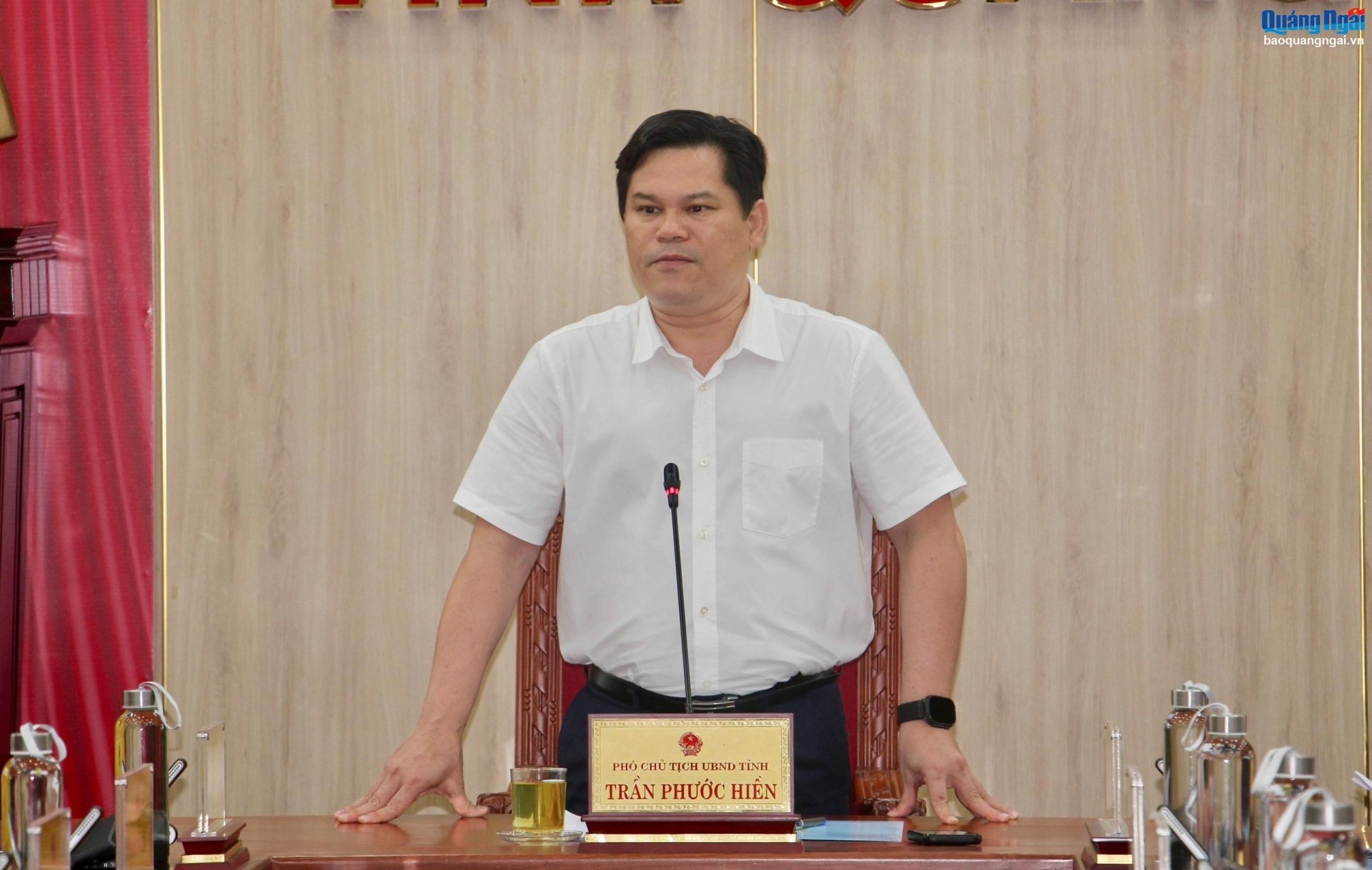
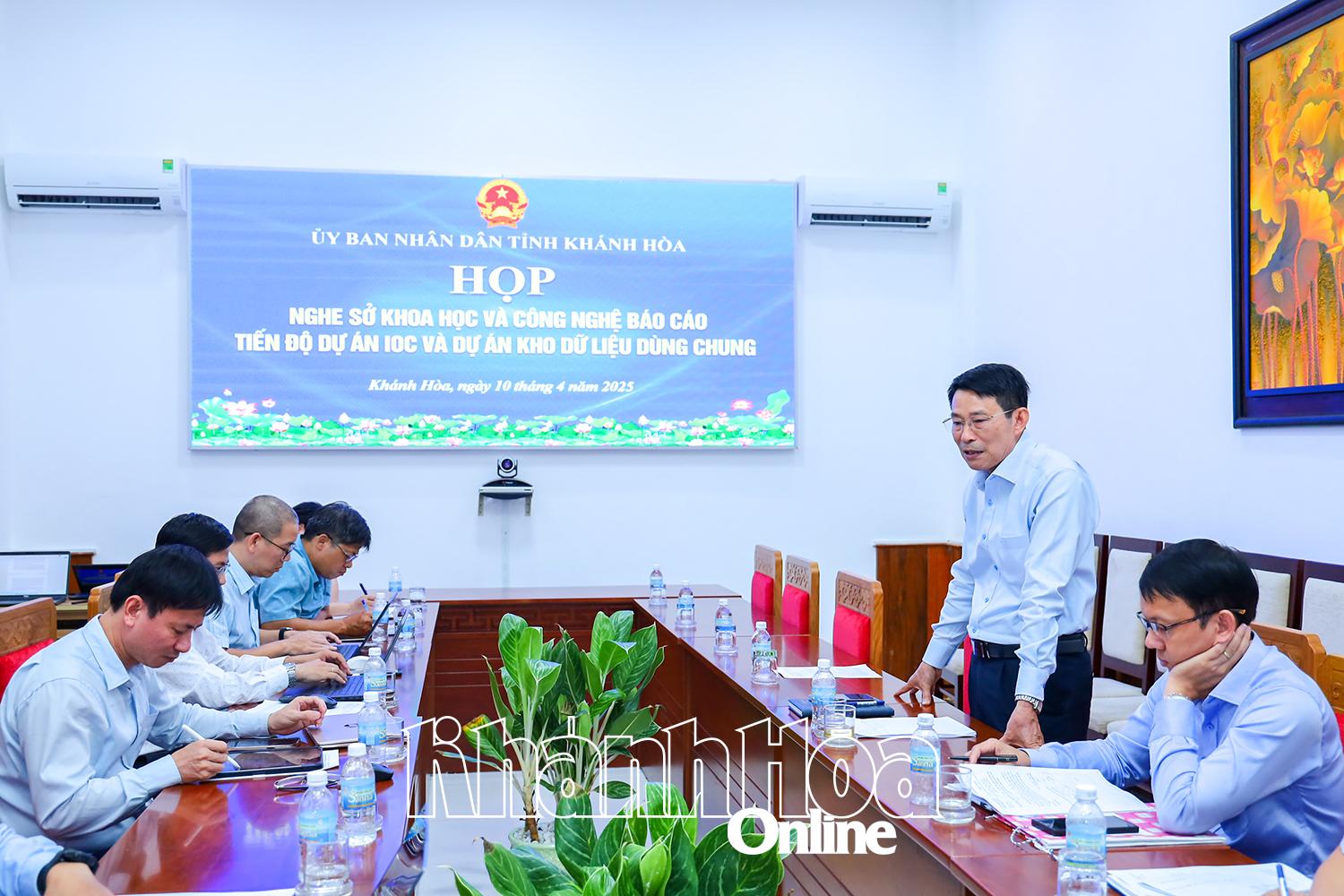
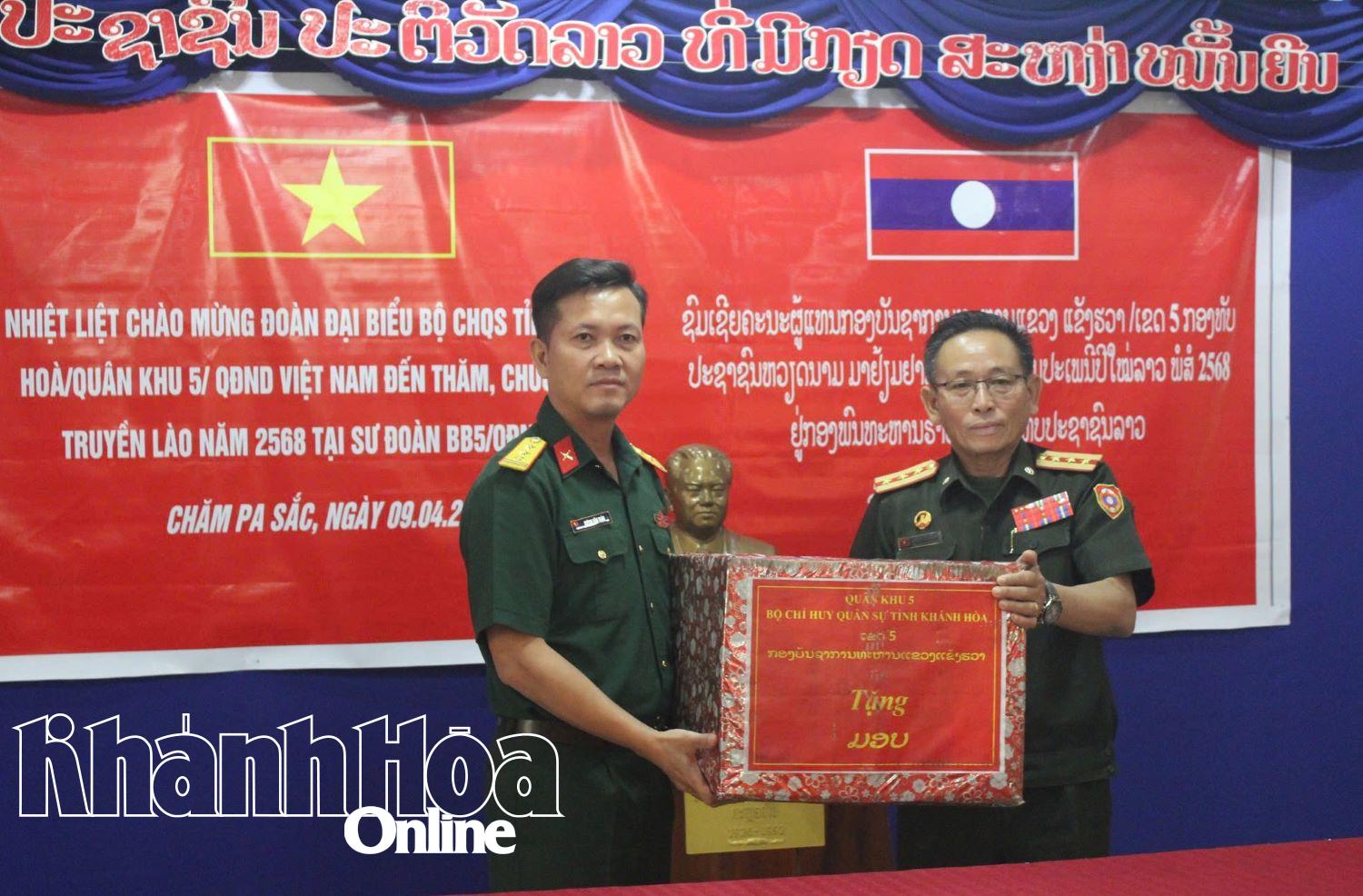
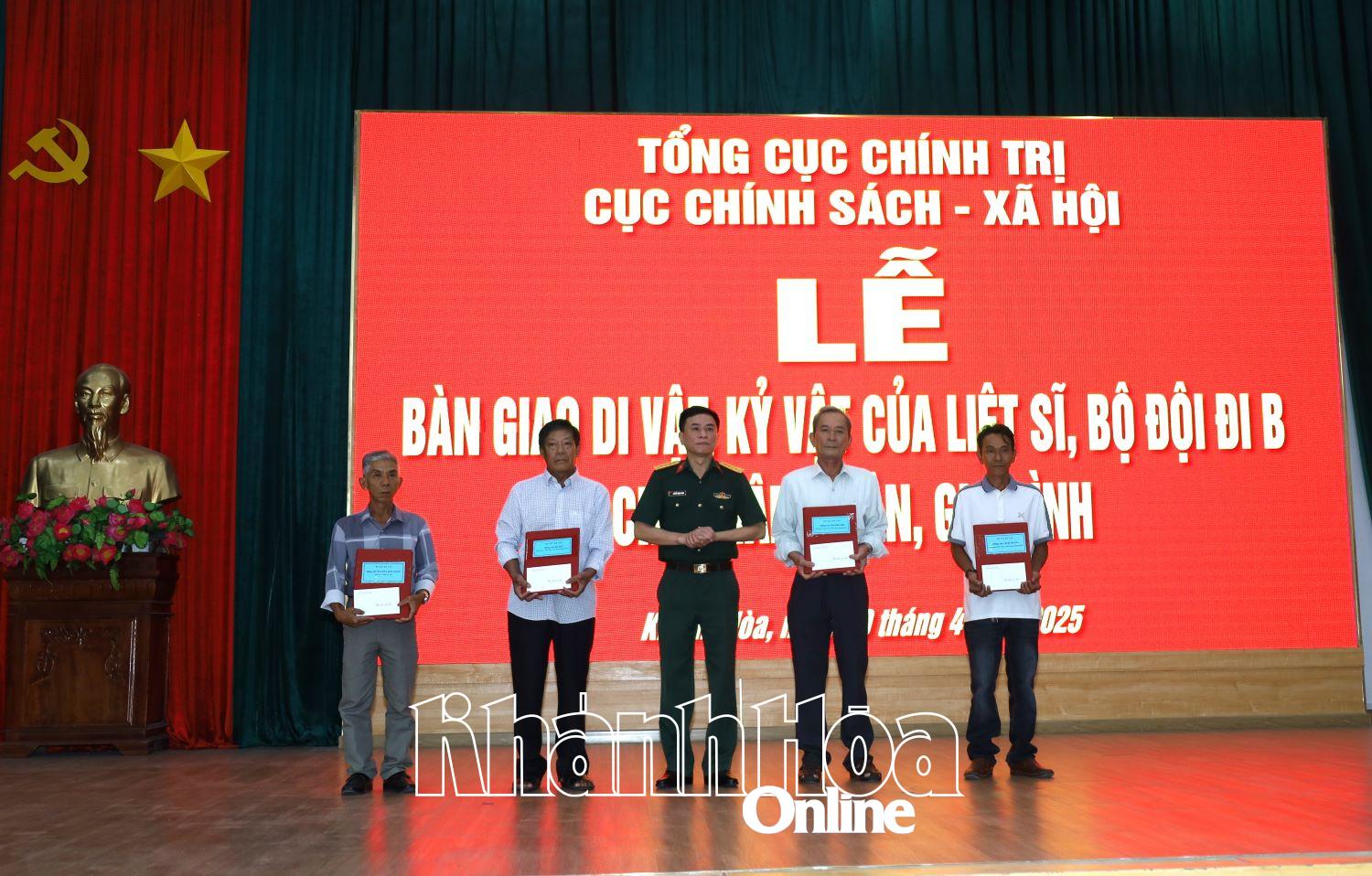

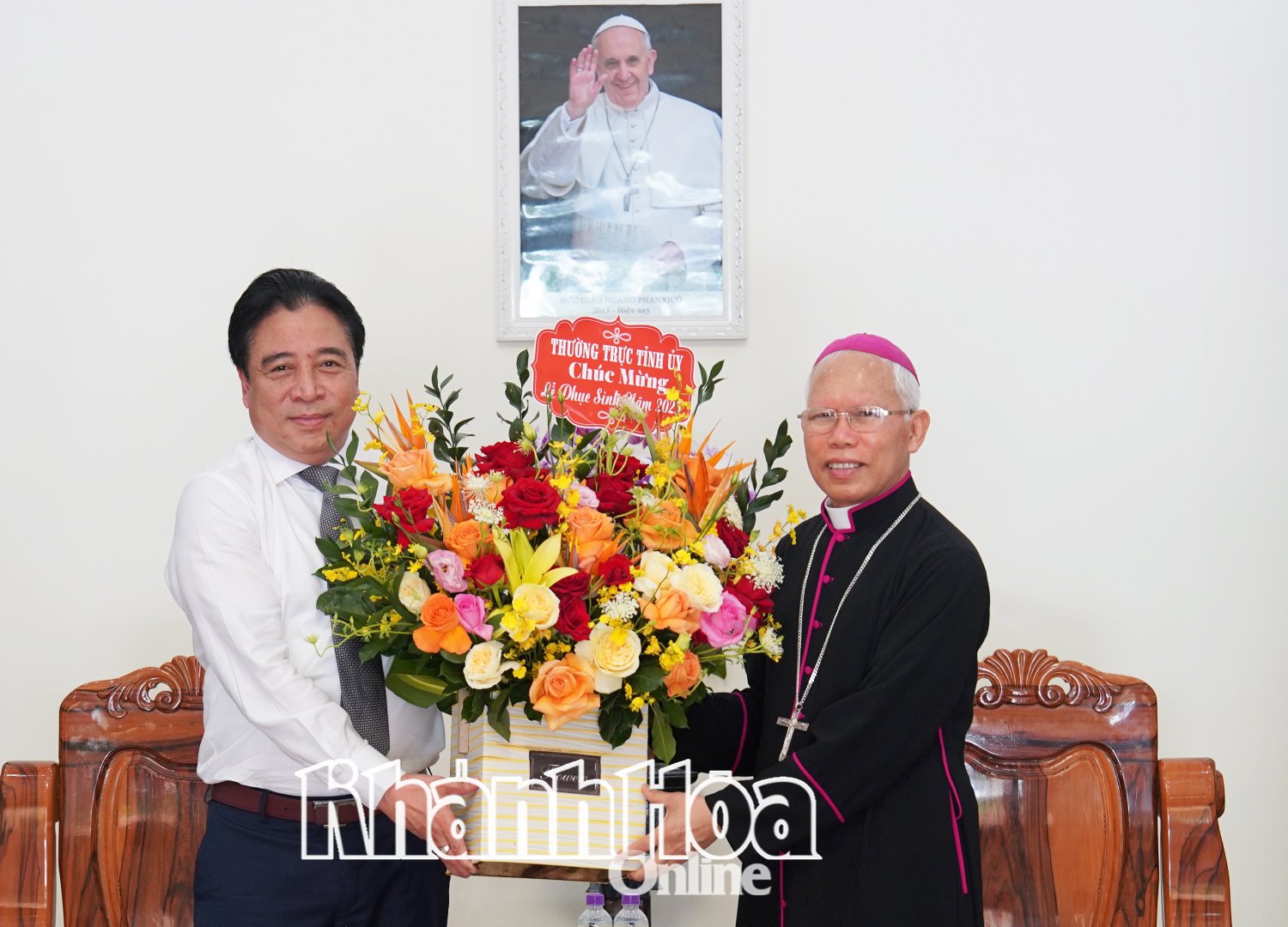
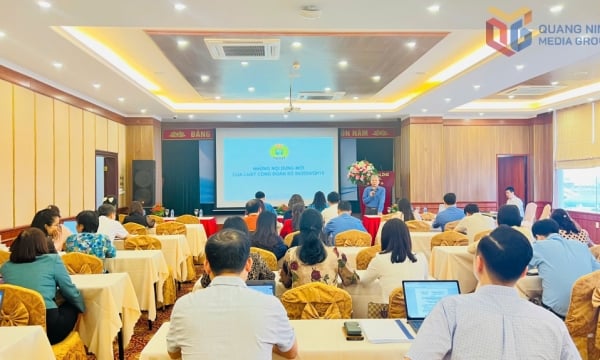
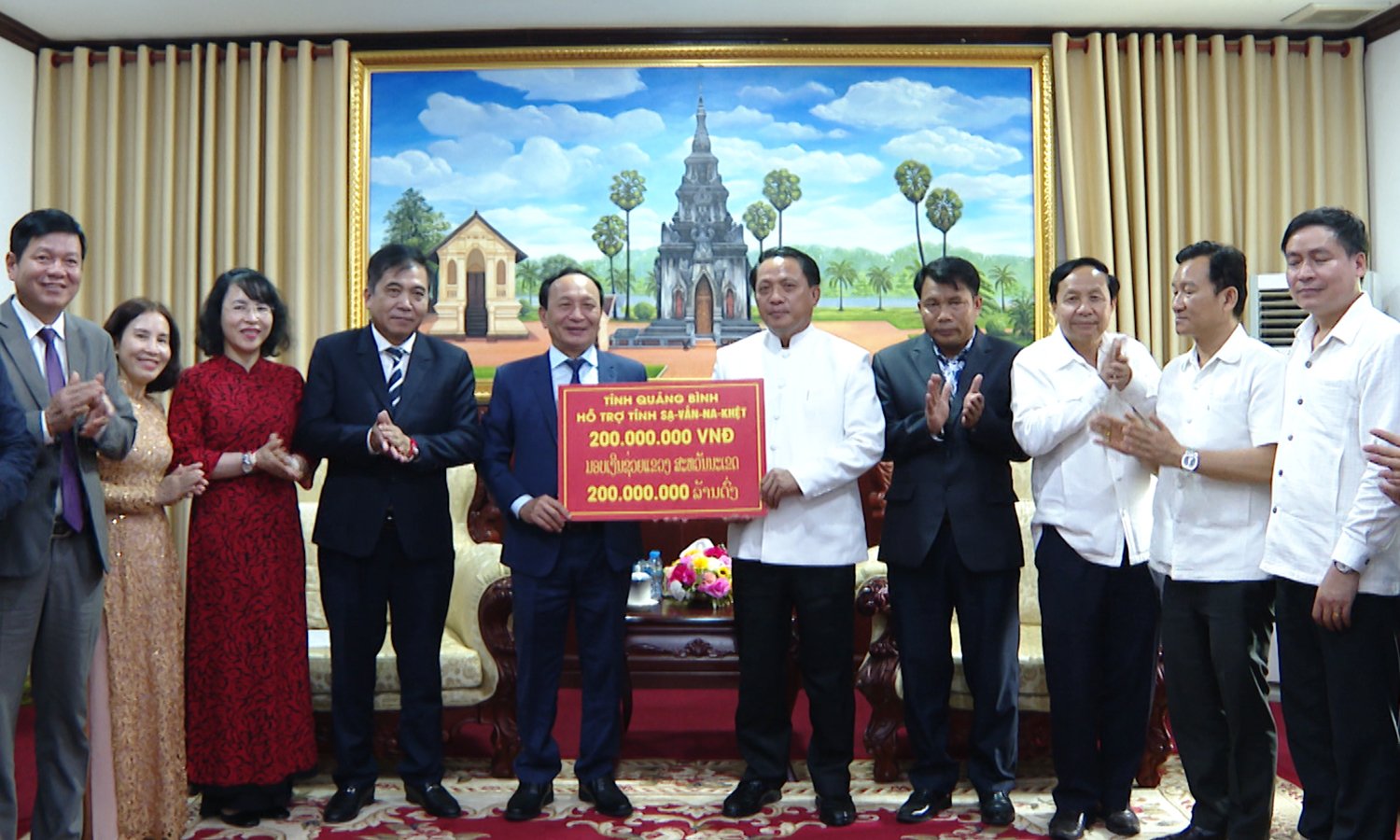
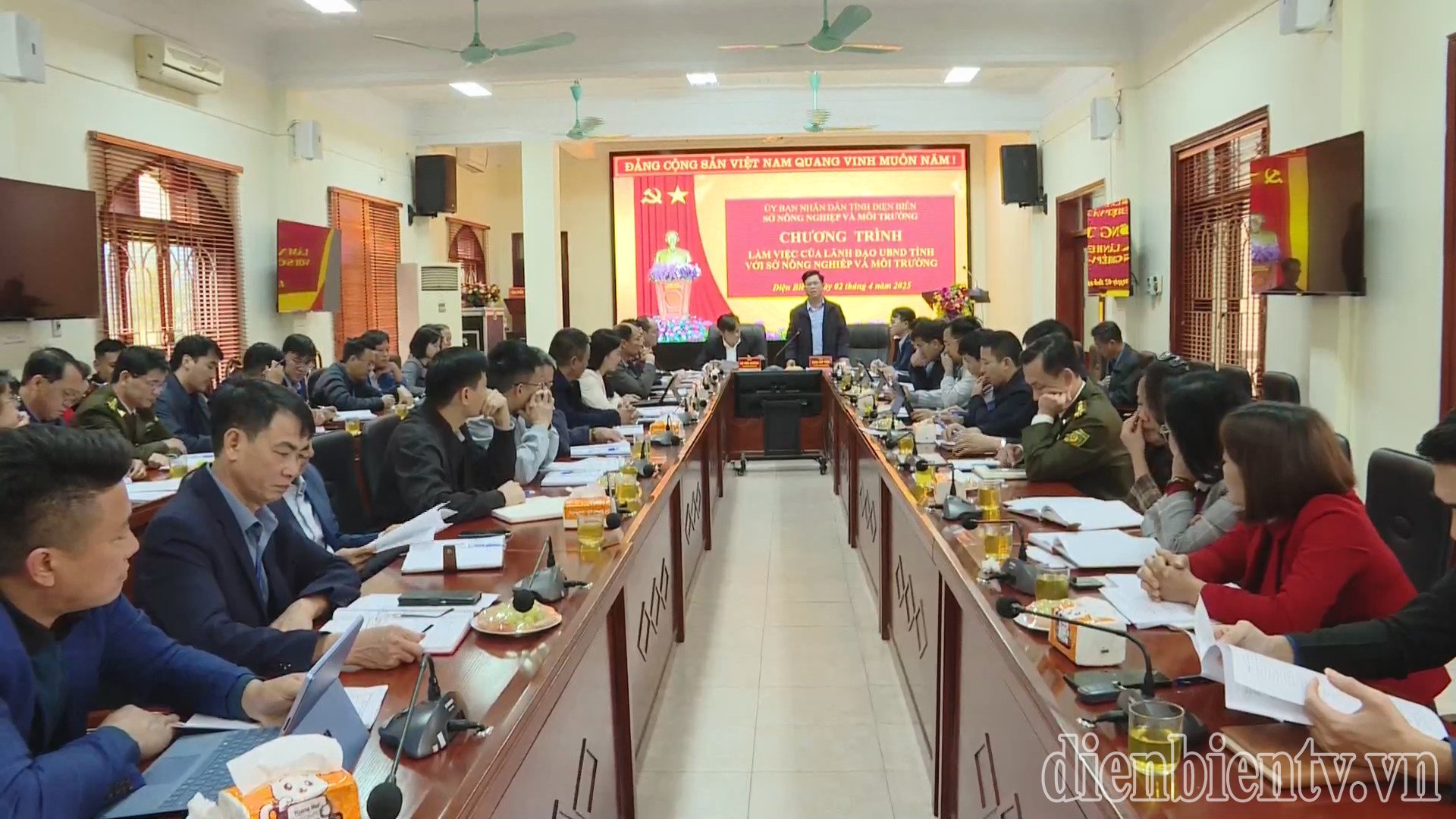
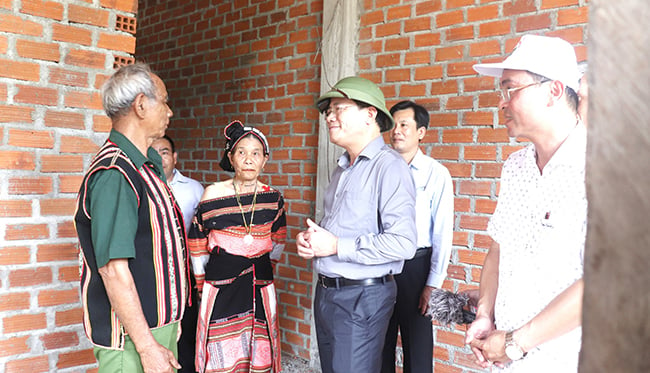
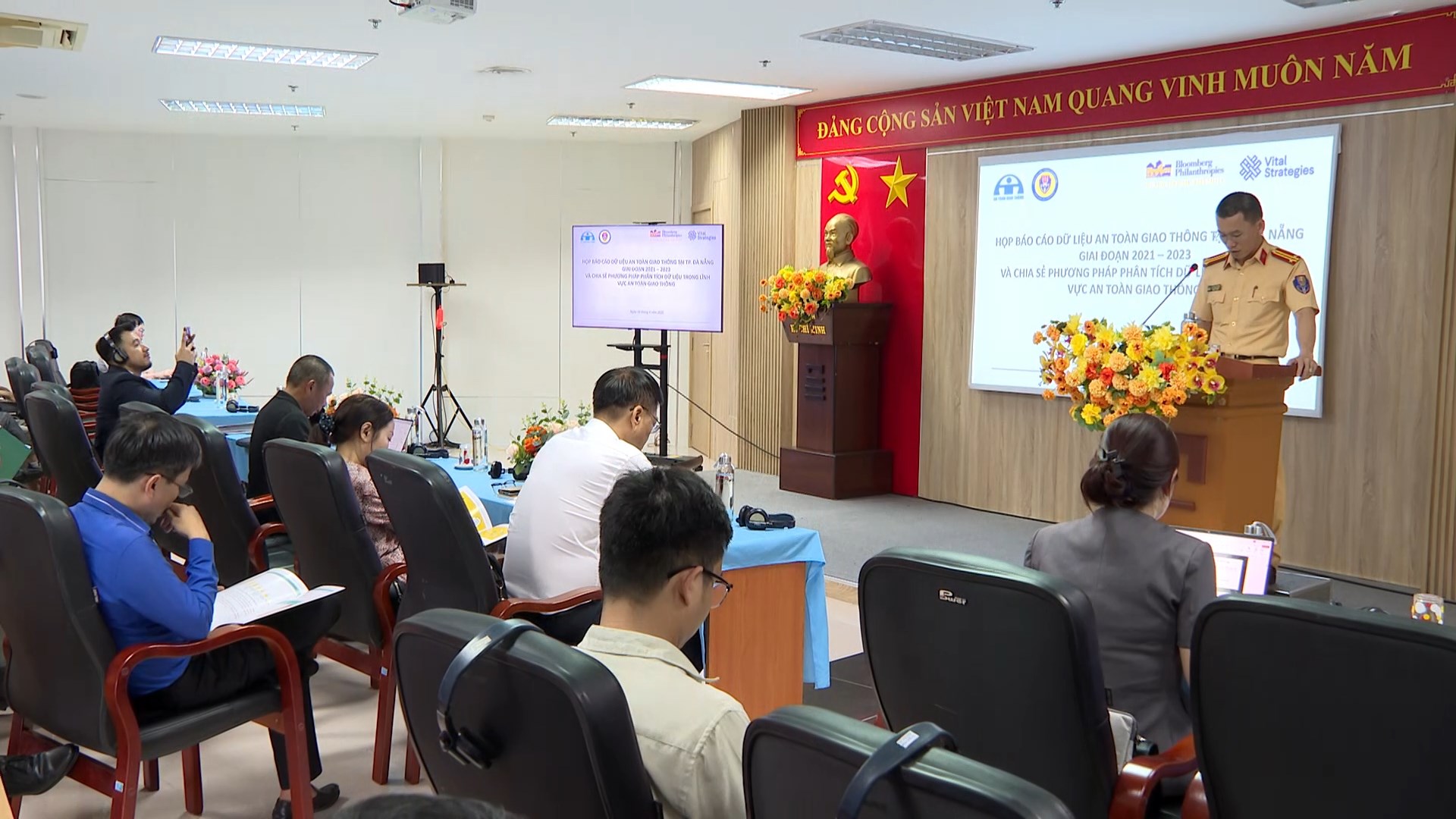
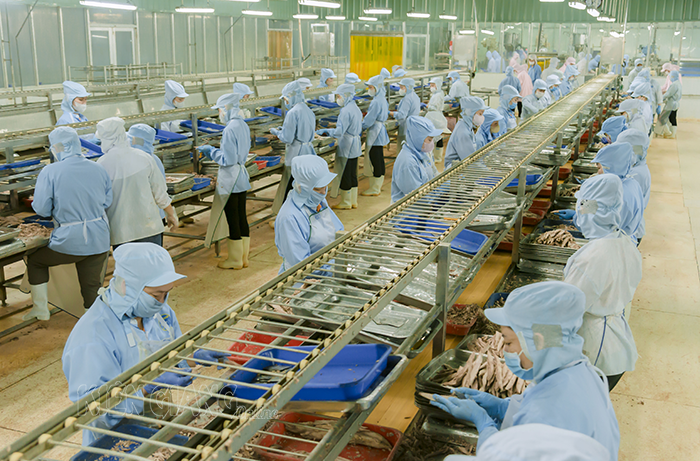




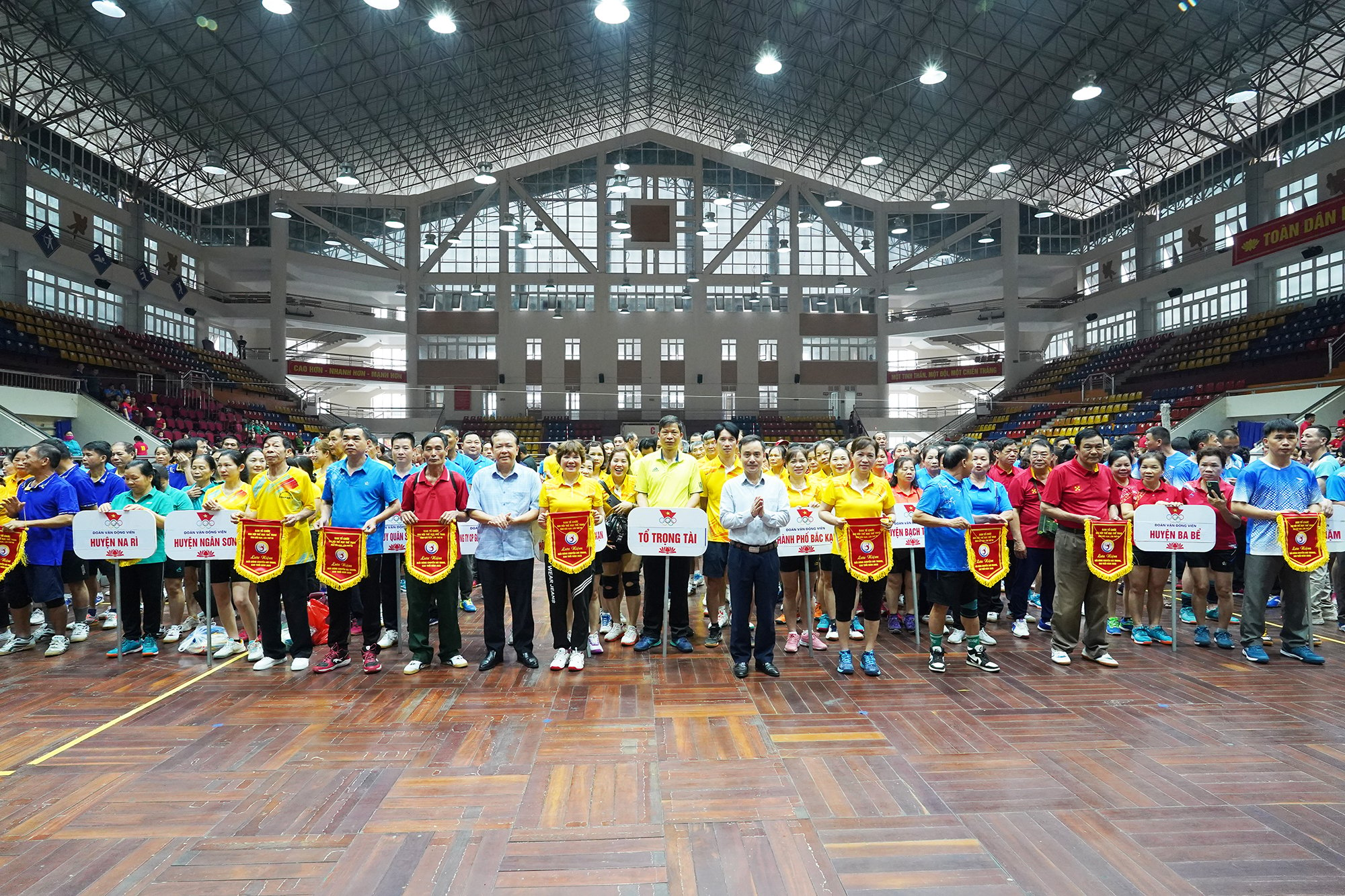
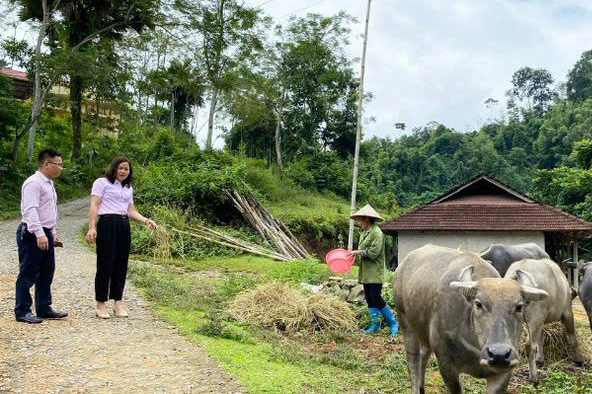

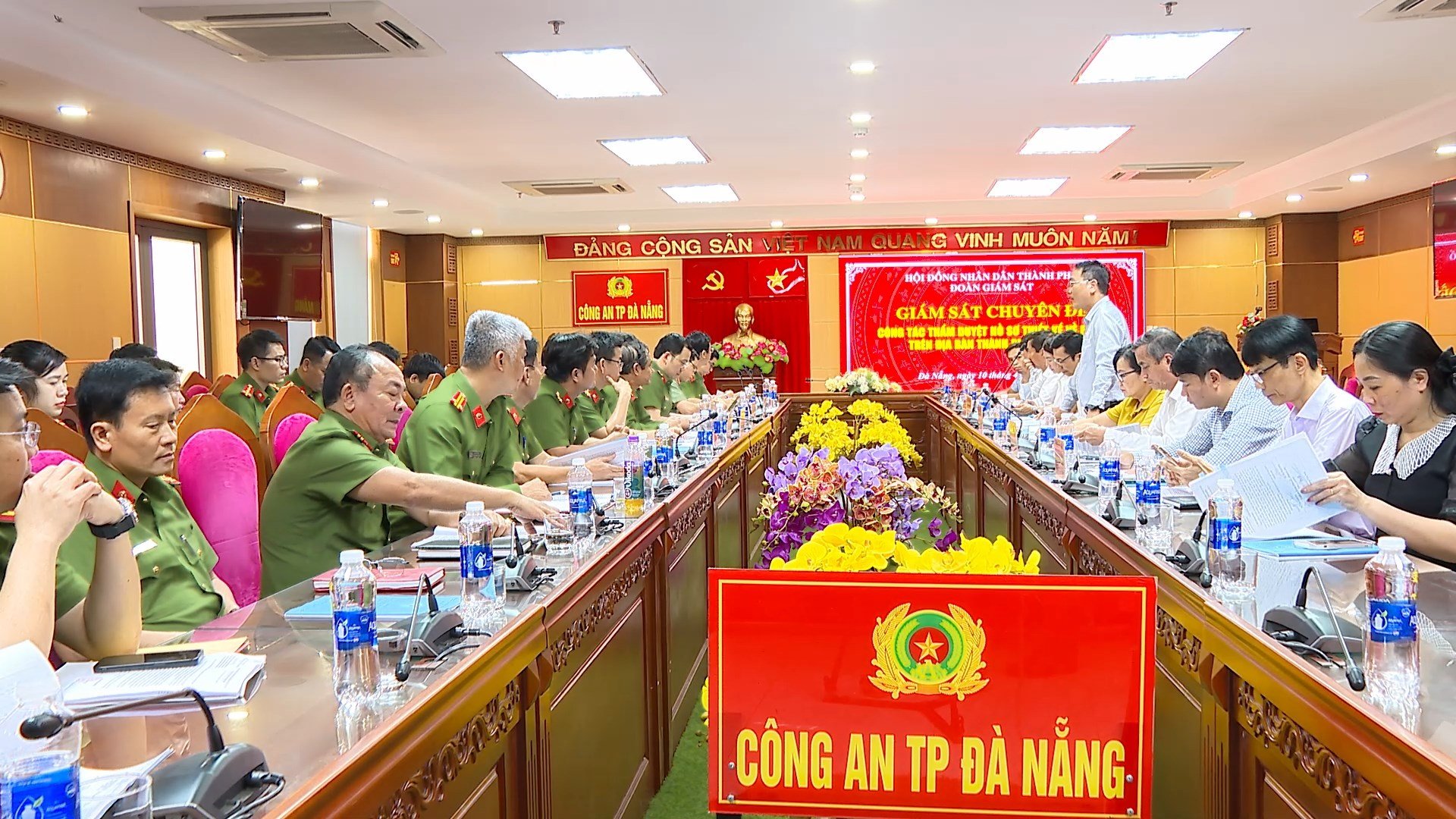
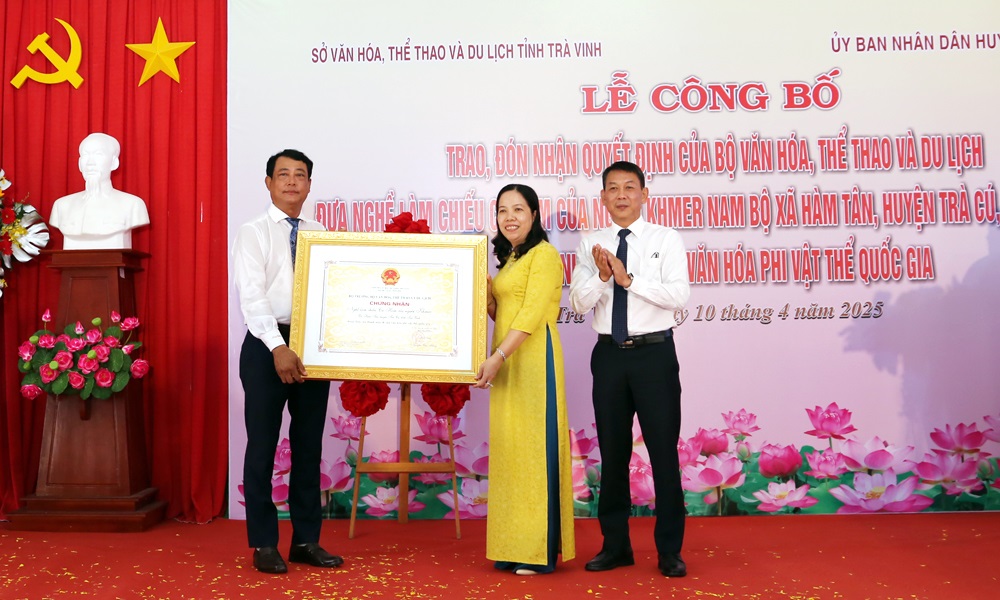
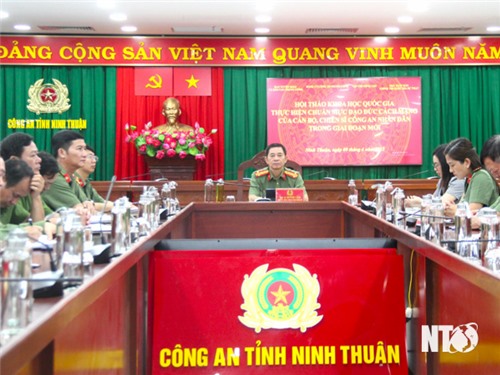














































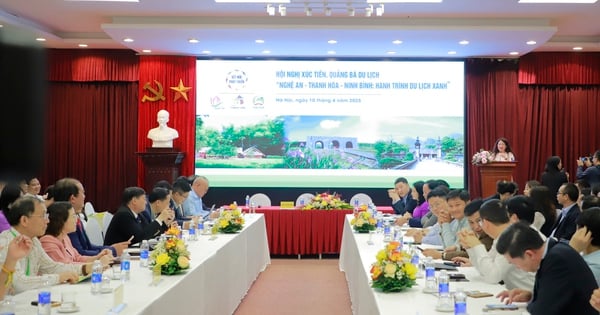
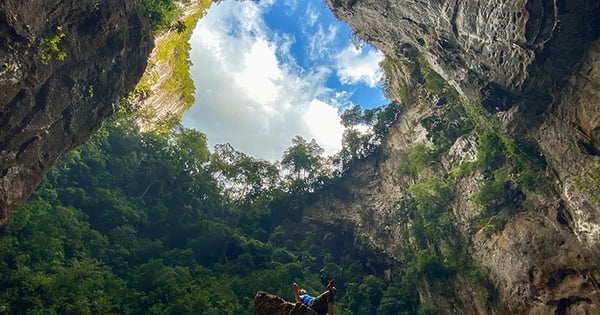
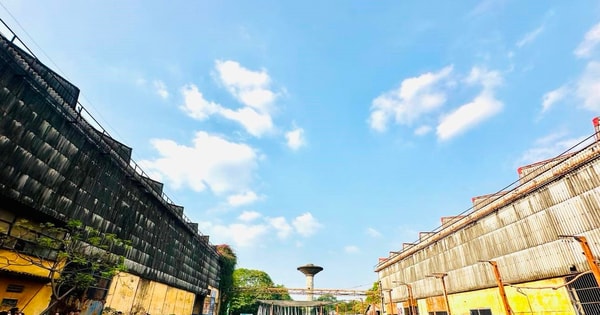









Comment (0)